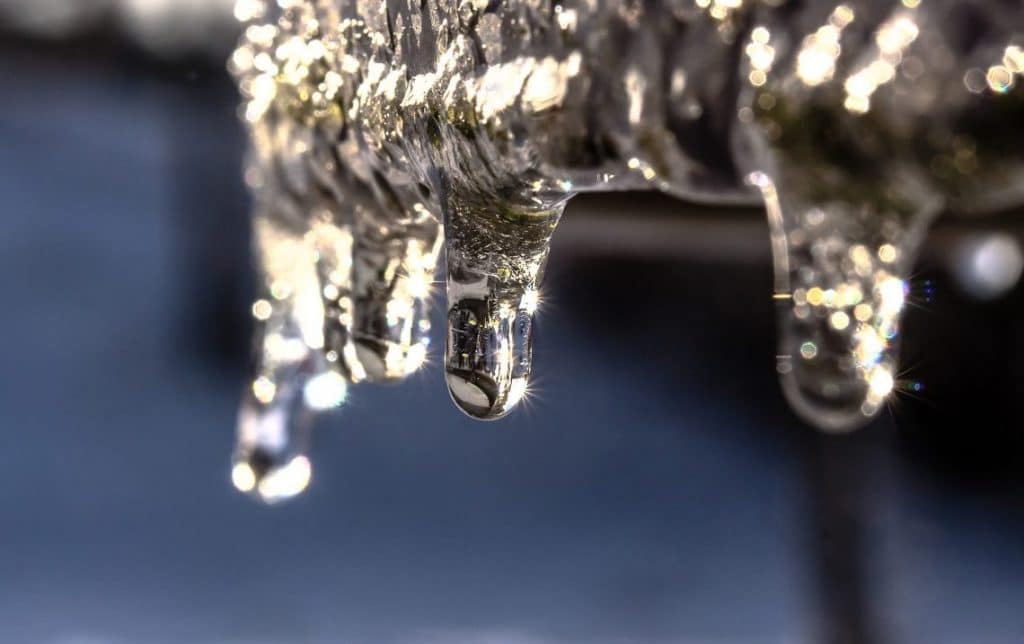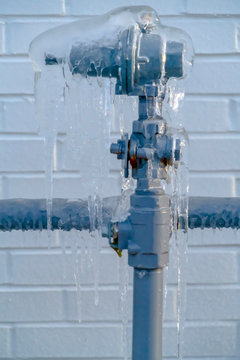Crucial Tips for Preventing Frozen Plumbing in Winter Conditions
Crucial Tips for Preventing Frozen Plumbing in Winter Conditions
Blog Article
In this article below you might get a bunch of wonderful information on the subject of Preventing and dealing with frozen pipes.

Cold weather can wreak havoc on your plumbing, especially by freezing pipes. Right here's exactly how to avoid it from happening and what to do if it does.
Introduction
As temperature levels decrease, the danger of frozen pipelines increases, possibly causing pricey repairs and water damage. Recognizing just how to stop icy pipes is critical for home owners in cool environments.
Recognizing Icy Pipes
What causes pipelines to ice up?
Pipelines freeze when exposed to temperature levels listed below 32 ° F (0 ° C) for prolonged periods. As water inside the pipelines freezes, it expands, taxing the pipeline walls and possibly triggering them to burst.
Threats and damages
Icy pipes can lead to water disruptions, property damage, and expensive repair services. Burst pipelines can flooding homes and create extensive structural damage.
Indicators of Frozen Pipes
Determining icy pipelines early can stop them from bursting.
How to identify frozen pipes
Try to find lowered water circulation from taps, uncommon odors or sounds from pipelines, and noticeable frost on revealed pipelines.
Avoidance Tips
Shielding susceptible pipes
Cover pipes in insulation sleeves or make use of warm tape to protect them from freezing temperature levels. Focus on pipelines in unheated or outside areas of the home.
Home heating strategies
Maintain indoor spaces appropriately heated, especially locations with plumbing. Open closet doors to enable cozy air to circulate around pipelines under sinks.
Safeguarding Outdoor Plumbing
Yard tubes and outside taps
Disconnect and drain pipes yard pipes prior to winter months. Install frost-proof faucets or cover outdoor taps with insulated caps.
What to Do If Your Pipes Freeze
Immediate activities to take
If you suspect icy pipes, keep taps open up to relieve pressure as the ice melts. Use a hairdryer or towels soaked in warm water to thaw pipelines slowly.
Long-Term Solutions
Structural changes
Think about rerouting pipelines far from exterior wall surfaces or unheated locations. Include additional insulation to attic rooms, cellars, and crawl spaces.
Upgrading insulation
Invest in high-quality insulation for pipelines, attics, and wall surfaces. Appropriate insulation aids preserve regular temperatures and minimizes the risk of icy pipelines.
Conclusion
Protecting against icy pipes needs positive procedures and quick actions. By understanding the causes, indicators, and preventive measures, home owners can secure their pipes during winter.
Helpful Tips to Prevent Frozen Pipes this Winter
UNDERSTANDING THE BASICS: WHY PIPES FREEZE AND WHY IT’S A PROBLEM
Water freezing inside pipes is common during the winter months, but understanding why pipes freeze, and the potential problems it can cause is crucial in preventing such incidents. This section will delve into the basics of why pipes freeze and the associated problems that may arise.
THE SCIENCE BEHIND FROZEN PIPES
When water reaches freezing temperatures, it undergoes a physical transformation and solidifies into ice. This expansion of water as it freezes is the primary reason pipes can burst. As the water inside the pipe freezes, it expands, creating immense pressure on the walls. If the pressure becomes too great, the pipe can crack or rupture, leading to leaks and water damage.
FACTORS THAT CONTRIBUTE TO PIPE FREEZING
Low Temperatures: Extremely cold weather, especially below freezing, increases the risk of pipes freezing. Uninsulated or Poorly Insulated Pipes: Pipes located in unheated areas, such as basements, crawl spaces, or attics, are more prone to freezing. Insufficient insulation or lack of insulation altogether exacerbates the problem. Exterior Wall Exposure: Pipes running along exterior walls are susceptible to freezing as they encounter colder temperatures outside. Lack of Heating or Temperature Regulation: Inadequate heating or inconsistent temperature control in your home can contribute to frozen pipes. PROBLEMS CAUSED BY FROZEN PIPES
- Pipe Bursting: As mentioned earlier, the expansion of water as it freezes can cause pipes to burst, resulting in significant water damage.
- Water Damage: When pipes burst, it can lead to flooding and water damage to your property, including walls, ceilings, flooring, and personal belongings.
- Structural Damage: Prolonged exposure to water from burst pipes can compromise the structural integrity of your home, leading to costly repairs.
- Mold and Mildew Growth: Excess moisture from water damage can create a favorable environment for mold and mildew growth, posing health risks to occupants.
- Disrupted Water Supply: Frozen pipes can also result in a complete or partial loss of water supply until the issue is resolved.
WHY CERTAIN PIPES ARE MORE PRONE TO FREEZING
- Location: Pipes located in unheated or poorly insulated areas, such as basements, crawl spaces, attics, or exterior walls, are at higher risk of freezing.
- Exterior Pipes: Outdoor pipes, such as those used for irrigation or exposed plumbing, are particularly vulnerable to freezing as they are directly exposed to the elements.
- Supply Lines: Pipes that carry water from the main water supply into your home, including the main water line, are critical to protect as freezing in these lines can affect your entire plumbing system.
- Underground Pipes: Pipes buried underground, such as those connected to sprinkler systems or outdoor faucets, can be susceptible to freezing if not properly insulated.
https://busybusy.com/blog/helpful-tips-to-prevent-frozen-pipes-this-winter/

Do you enjoy reading up on 6 Ways to Prevent Frozen Pipes? Leave feedback down the page. We'd be delighted to see your ideas about this review. Hoping that you come back again in the near future. Be sure to take the time to distribute this write-up if you enjoyed reading it. I praise you for your time. Don't forget to come by our blog back soon.
Book My Estimate Report this page